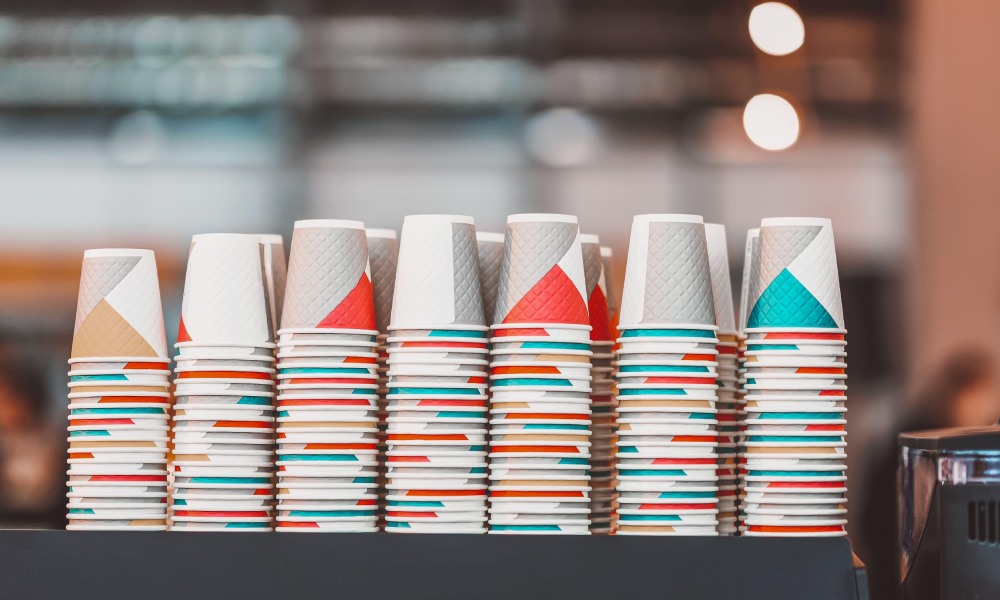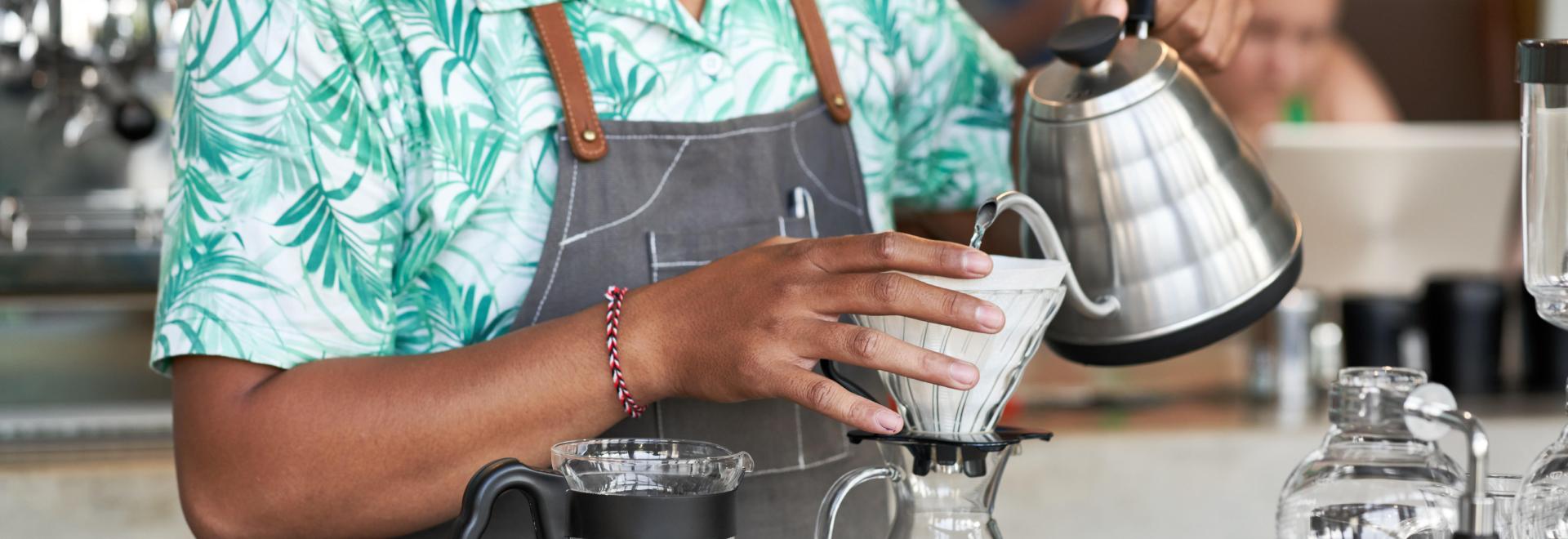How young coffee consumers are changing the industry
Jordan Montgomery speaks with Alexander Ntatsos about how young coffee consumers – an increasingly demanding demographic – are changing the industry
For many years, specialty coffee charted its own course – not indifferent to the preferences of its consumers, but sure of its path. However, a certain demographic is emerging that’s becoming increasingly difficult to ignore.
Gen Z and young millennials have a purchasing power valued at over $360 billion globally. Looking at recent changes in the specialty coffee sector, it is clear to see that many businesses are responding to this.
Of course, the impact of young coffee consumers on the industry varies across different markets. For instance, the younger generation’s preference for convenience is driving substantial changes within the industry, but the nature of these changes differs from region to region.
On a broad scale, coffee brands are responding with more automation, more online retail experiences, and more RTD and takeaway-friendly options. However, the online coffee retail landscape looks very different in China than in the UK, for example. Likewise, the RTD coffee market is growing at a faster rate at over 8% in the US, compared to under 5% in the UK.
Nevertheless, the overarching growth in these areas indicates a broad shift toward convenience within specialty coffee, largely driven by younger consumers.
Despite this, quality remains a key motivator. Surveys conducted in the UK reported that up to 33% of consumers in Gen Z aged 25 and under will “never drink instant coffee again”, preferring higher quality, specialty coffee.
However, younger consumers are a demanding demographic – their needs go beyond quality and convenience. As such, the specialty coffee sector has its work cut out in catering to varied and often-evolving preferences.

Young coffee consumers want choice
Younger consumers are increasingly challenging specialty coffee businesses to offer a variety of menu options.
Throughout his years working in the specialty coffee industry, Alexander Ntatsos of BARISTA Academy Stockholm has noticed differences in purchasing behaviour between generations.
“It is true – the older the consumer, the less choice they need,” he says. “For instance, in Sweden, older people tend to purchase just black coffee and cinnamon buns and probably not every day, but once a week.”
“[This is] in comparison to a teenager, who will visit a coffee shop more than three days a week and purchase higher value beverages such as iced latte, espresso tonic, cold drinks together with a sandwich or pastry.”
The demand for choice among young consumers has driven significant growth in non-traditional coffee segments. For example, coffee shops are now increasingly expected to offer a variety of plant milks, and the flavoured coffee market is projected to grow by at least 4% in the next five years as brands attempt to target young people.
At the same time, a push for more choice has prompted coffee brands to expand their menus across different origins and processing methods in an attempt to capture the attention of young coffee consumers.
Ultimately, a filter coffee and a bun may have been acceptable for specialty coffee consumers 10 years ago. Today, however, young people need a range of options to become and remain interested.
Brand promiscuity and sustainability
In comparison to older demographics, younger coffee drinkers place less importance on the traditional coffee shop experience, and are more open to exploring new brands. While this has led some to claim that brand loyalty in the coffee industry is diminishing, others believe it fuels healthy competition.
“It is hard to find loyalty in young coffee consumers, which is normal as they want to experience and explore new tastes and trends,” Alexander says.
“I don’t think this is necessarily bad for the coffee industry. In this way, nothing’s taken for granted and the professionals need to be updated and able to offer new things. The need to be competitive will lead to better products and better quality of service.”
As young coffee consumers continue to shop around, they have moved away from the once-prevailing notion that people “stick it out” with a brand because it aligns with their values. Instead, they seek out a number of brands that all share a set of values – such as a focus on sustainability.
However, as young coffee consumers increasingly have a presence on social media, their alignment with certain values may sometimes be more about projecting a particular image or lifestyle, rather than genuinely supporting a product or brand.
Recent research published in the British Food Journal found that, for Gen Z consumers, ethical or sustainable consumption contributes to their “self-branding, identity claims and social currency”.
As young coffee consumers prioritise values that align with their desired lifestyle, this could have a lasting influence on the specialty coffee industry – which must continuously adapt to stay relevant and on-trend.
Of course, not all young coffee consumers fit that description. However, what is evident is that brands are increasingly having to offer convenient, digital ordering solutions, provide a range of choices, and constantly keep on top of trends. The jury’s out on whether this signifies specialty coffee losing its sense of identity, or morphing into something new and more relevant.








